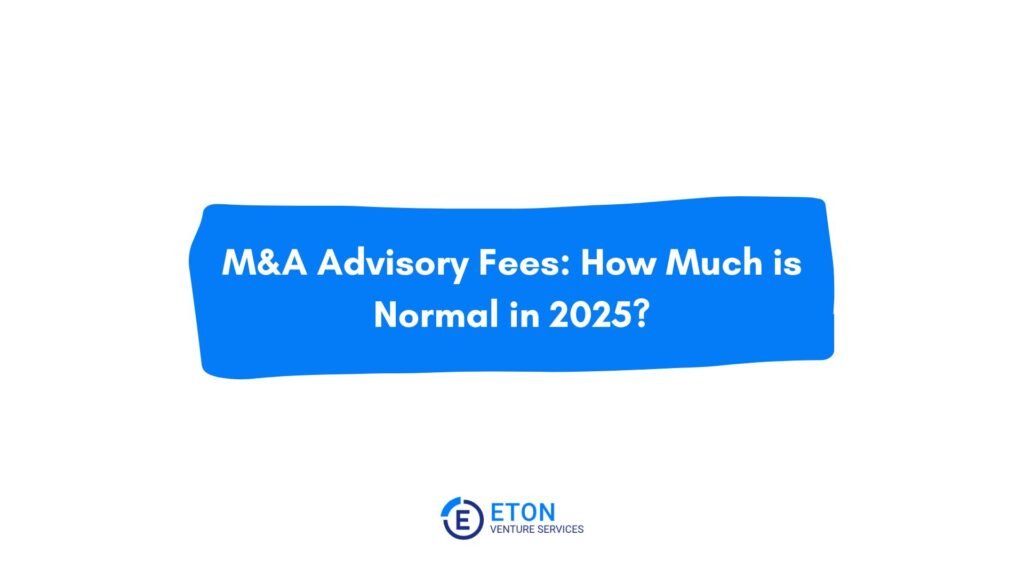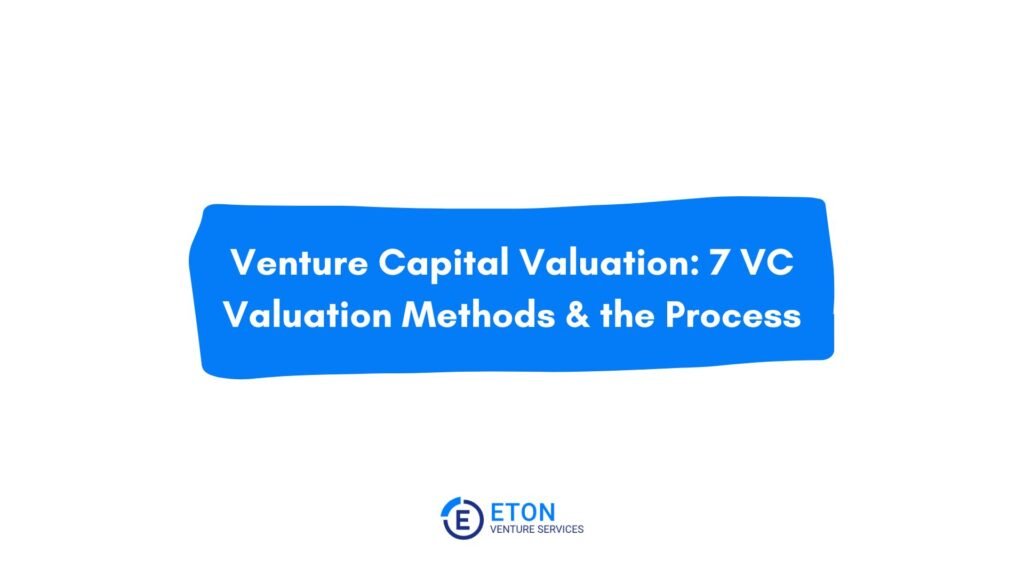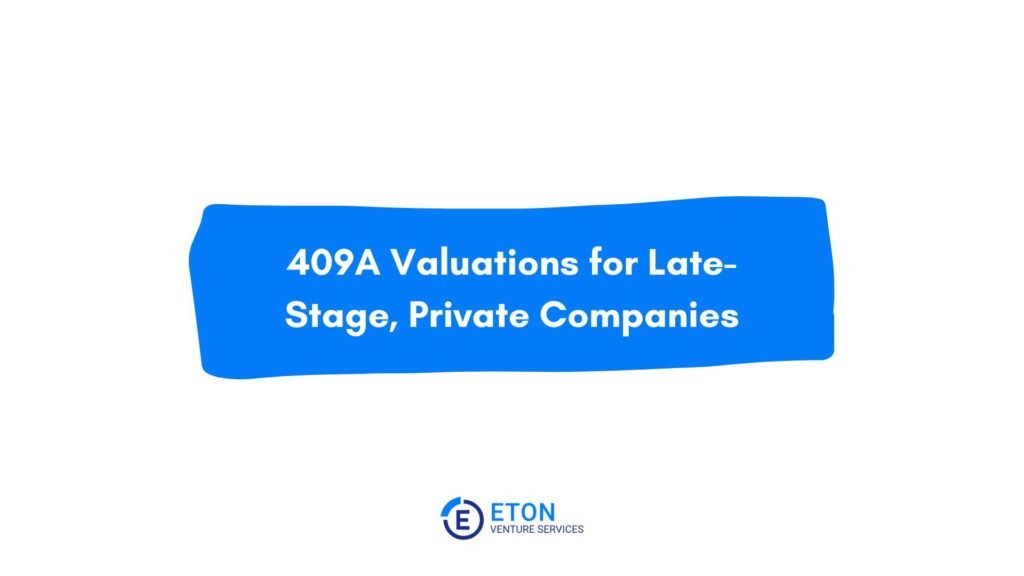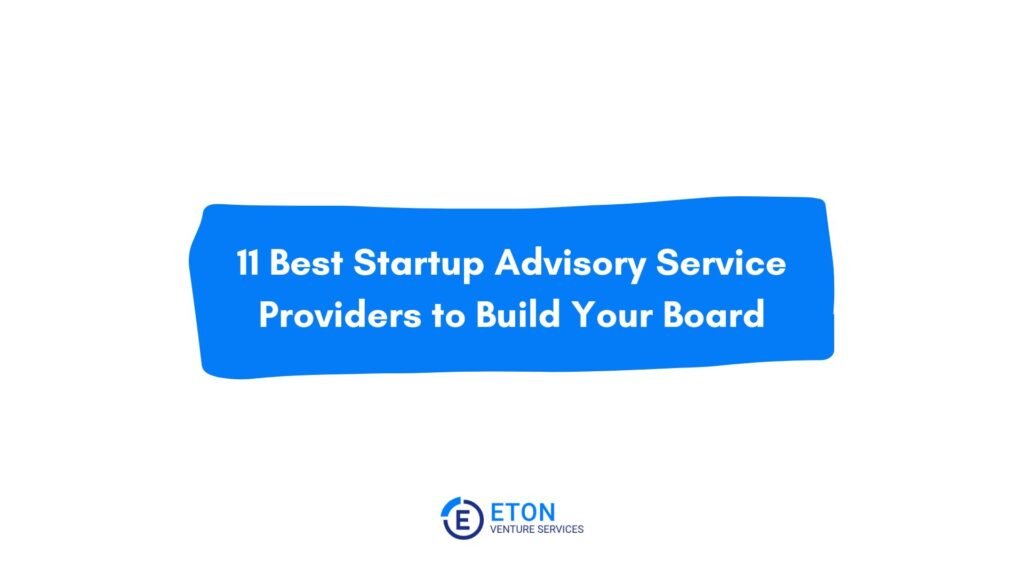Court Averages Expert Models in Landmark Business Valuation Dispute
In a landmark decision that hones the focus on a business valuationdispute over equity stock in an M&A transaction, the Court of Chancery issued an illuminating ruling in Ramcell, Inc. v. Alltel Corp., C.A. No. 2019-0601-PAF (Del. Ch. July 1, 2022). The lawsuit involved a 2019 short-form merger between Alltel Corporation (Alltel) and Jackson Cellular Telephone Co. (Jackson), resulting in the exchange of Jackson’s stock for a consideration of US$2,963 per share. Ramcell, Inc. (Ramcell), a holder of approximately 155 shares of Jackson stock, did not agree with this valuation and hence, exercised its statutory appraisal rights.
Ramcell Challenges Merger Price, Leading to Litigation
At the heart of the business valuation dispute was the value of Jackson’s shares at the time of the merger. Ramcell’s expert pegged the value as high as US$36,016 per share while Alltel’s expert appraised the shares as low as US$5,690.92 per share. This wide difference in valuation estimates from the same valuation method was the heart of the valuation dispute.
Wide Divergence in Expert Valuations Prompts Court to Blend Models
In an unusual yet insightful move, the Court decided to average the models of both experts, adopting a final valuation of US$11,464.57 per share.
The essence of this judgment goes beyond the matter of a specific corporate merger. It underscores the inherent complexities of corporate valuations, the role of expert testimony, and the judicial system’s commitment to ensuring that shareholders receive fair value for their stakes in such transactions.
The courtroom battle involved expert testimonies from both sides, both of whom concurred on using a discounted cash flow (DCF) model for determining Jackson’s value as of April 4, 2019. The divergence, however, lay in their assumptions and estimations, leading to “vastly different valuations.” In a departure from the typical “either-or” approach where in the court selects between the two experts’ valuation models, in this instance, the court elected to combine the approaches, recognizing the merits and deficiencies of each model. This decision spotlights the court’s nuanced understanding of the components of a Discounted Cash Flow (DCF) model and their impact on the final valuation.
Court Scrutinizes Key Components of DCF Model
Future Cash Flow Estimates: Balancing Historical Data and Projections
Discount Rate: Striking a Fair Balance Between Experts’ Rates
Terminal Value: Adjusting for MSA-Specific Characteristics
Court Reaches Final Valuation Significantly Higher Than Merger Price
Insights and Implications of the Ramcell
How can Eton help?
Don’t let your business fall victim to the less than complete and transparent valuation analysis. Trust Eton Venture Servicesto guide you through an appropriate and transparent valuation process utilizing multiple methods to arrive at a defensible valuation. Our team of dedicated professionals is committed to upholding the highest standards of integrity, objectivity, and independence. With our extensive experience and expertise in valuation methodologies, we can help you navigate complex transactions and comply with fiduciary duties.
Partner with Eton Venture Services today and safeguard your business from costly legal battles and reputational damage. Contact us now to learn more about our valuation services and how we can help your business stay ahead of potential challenges. Together, we can pave the way for a successful and transparent valuation experience. Contact Eton today.








